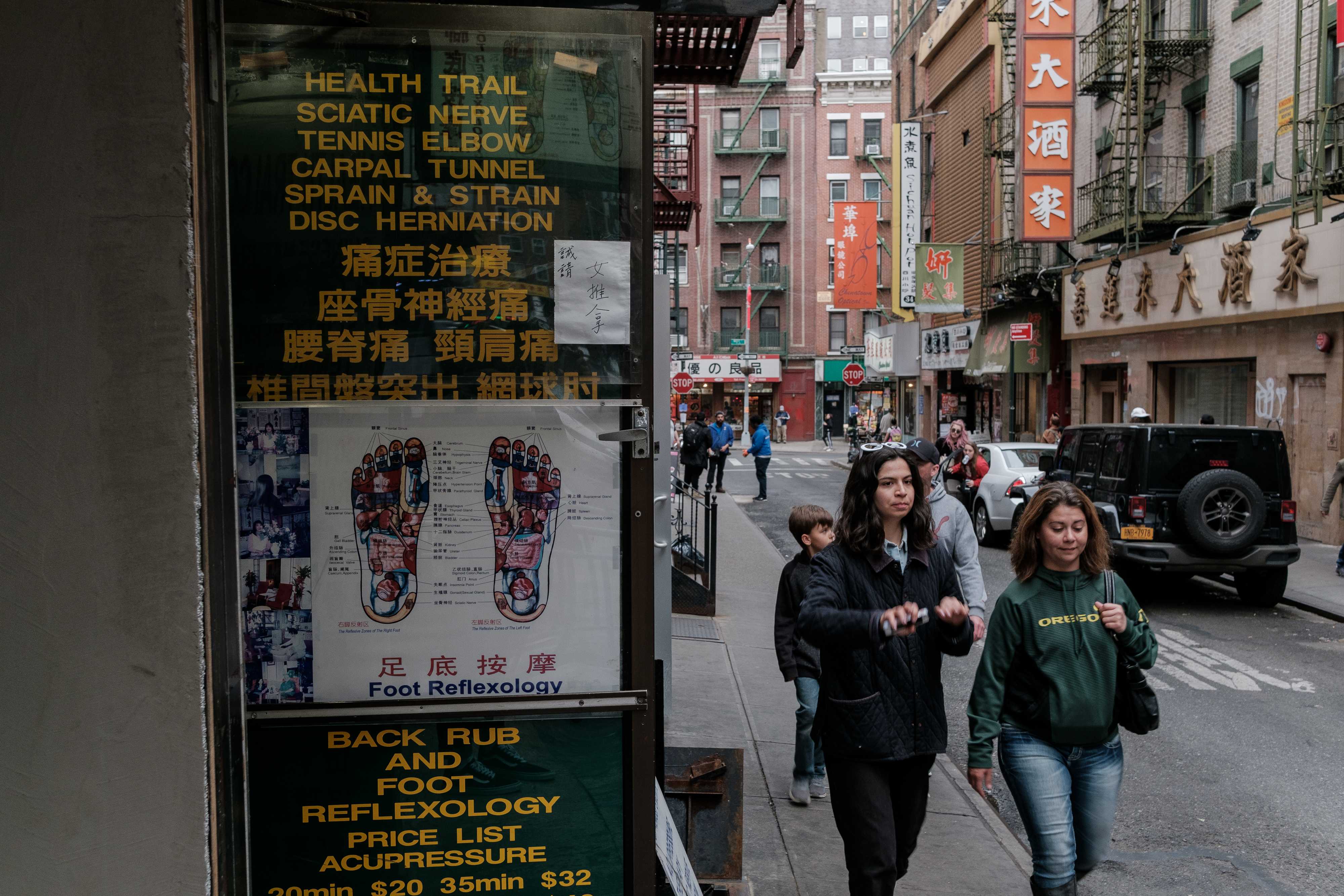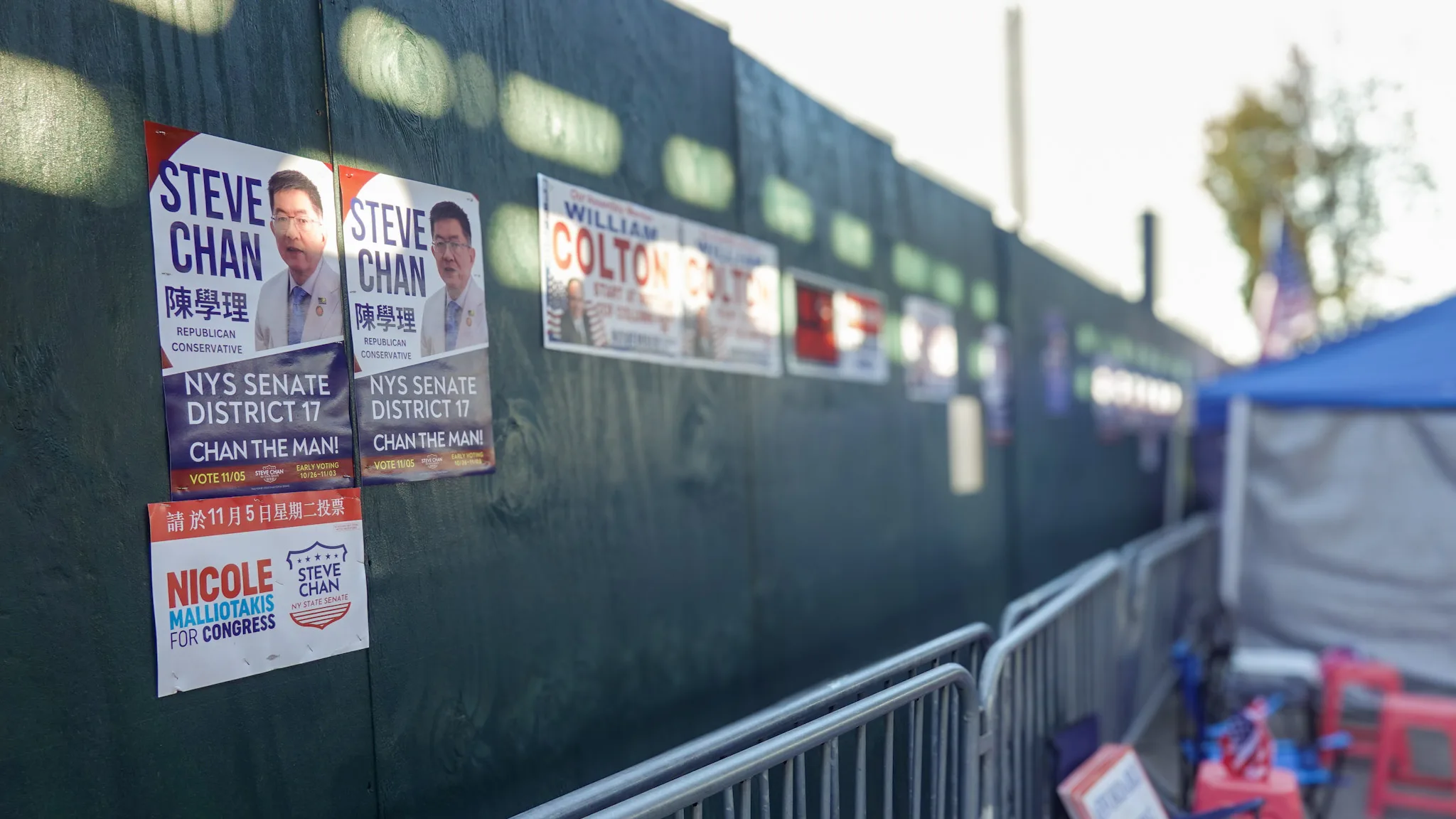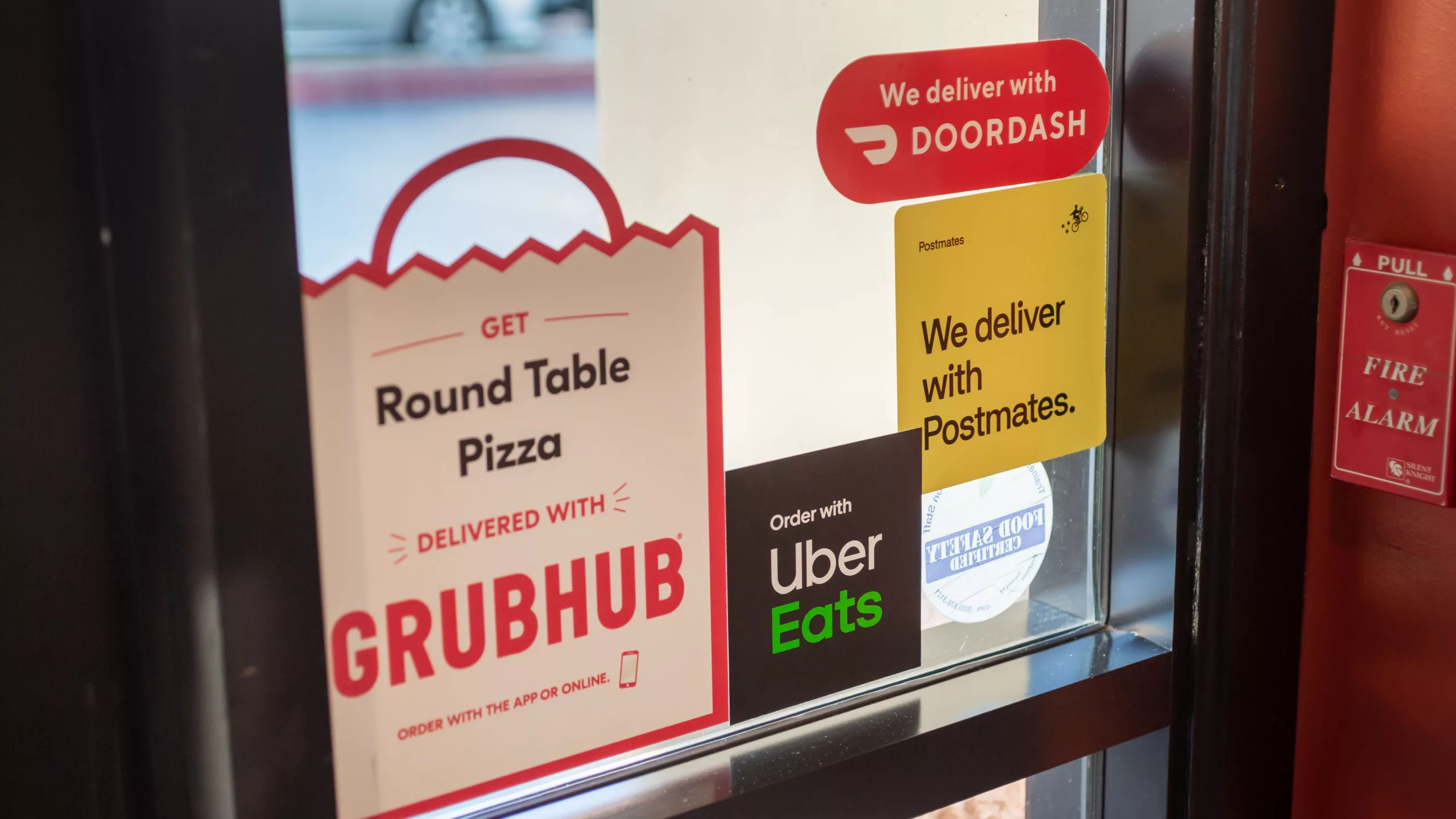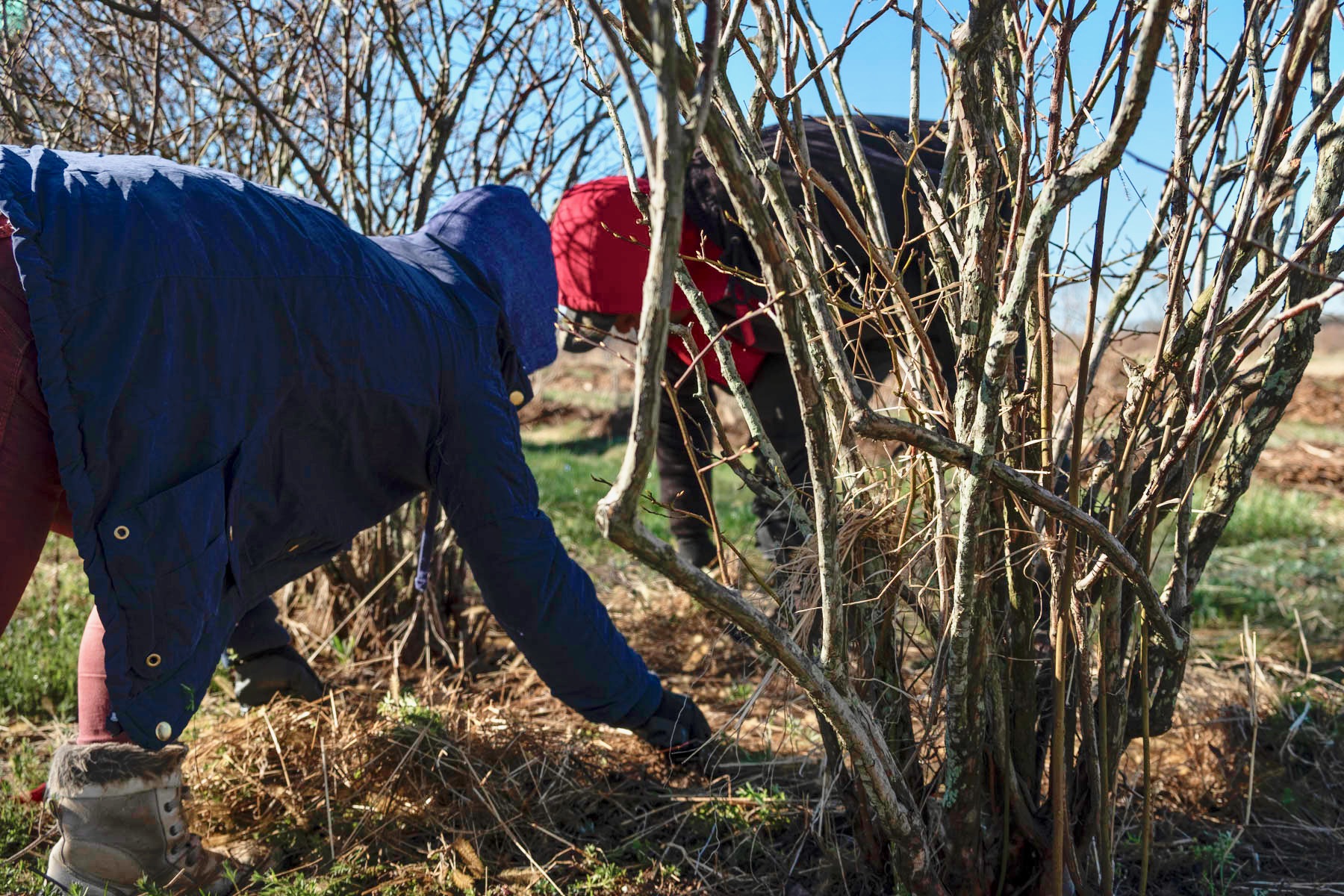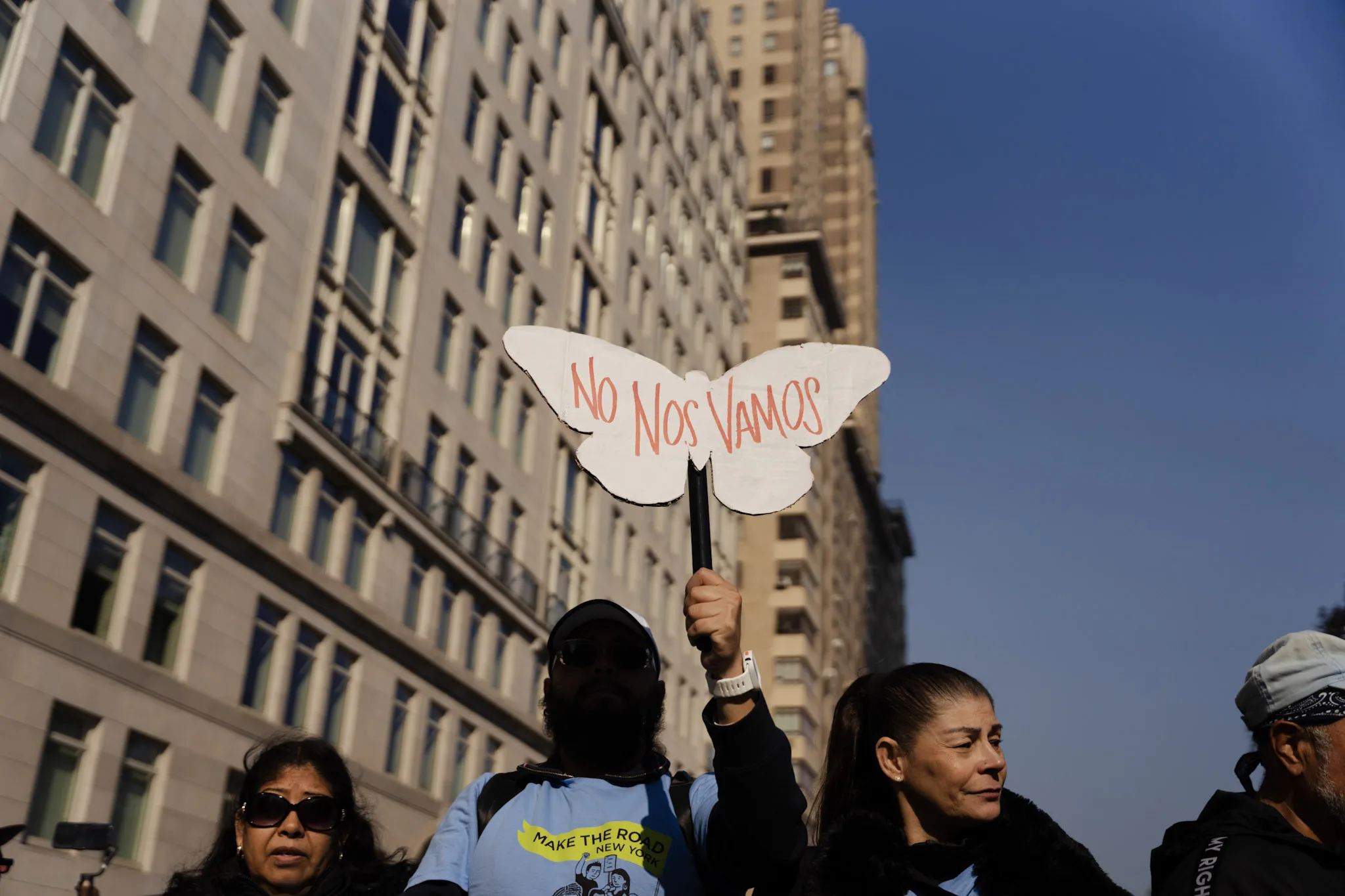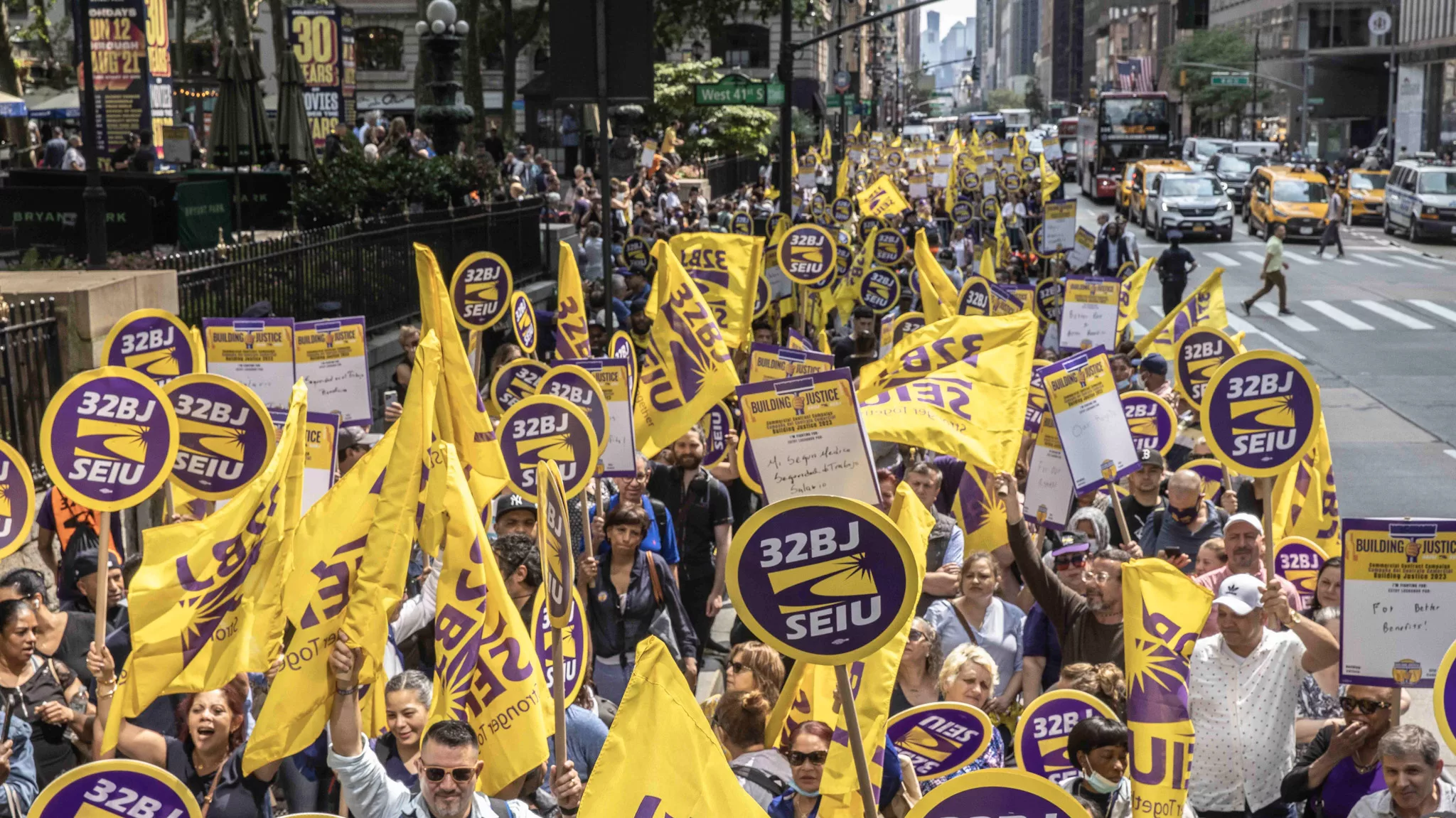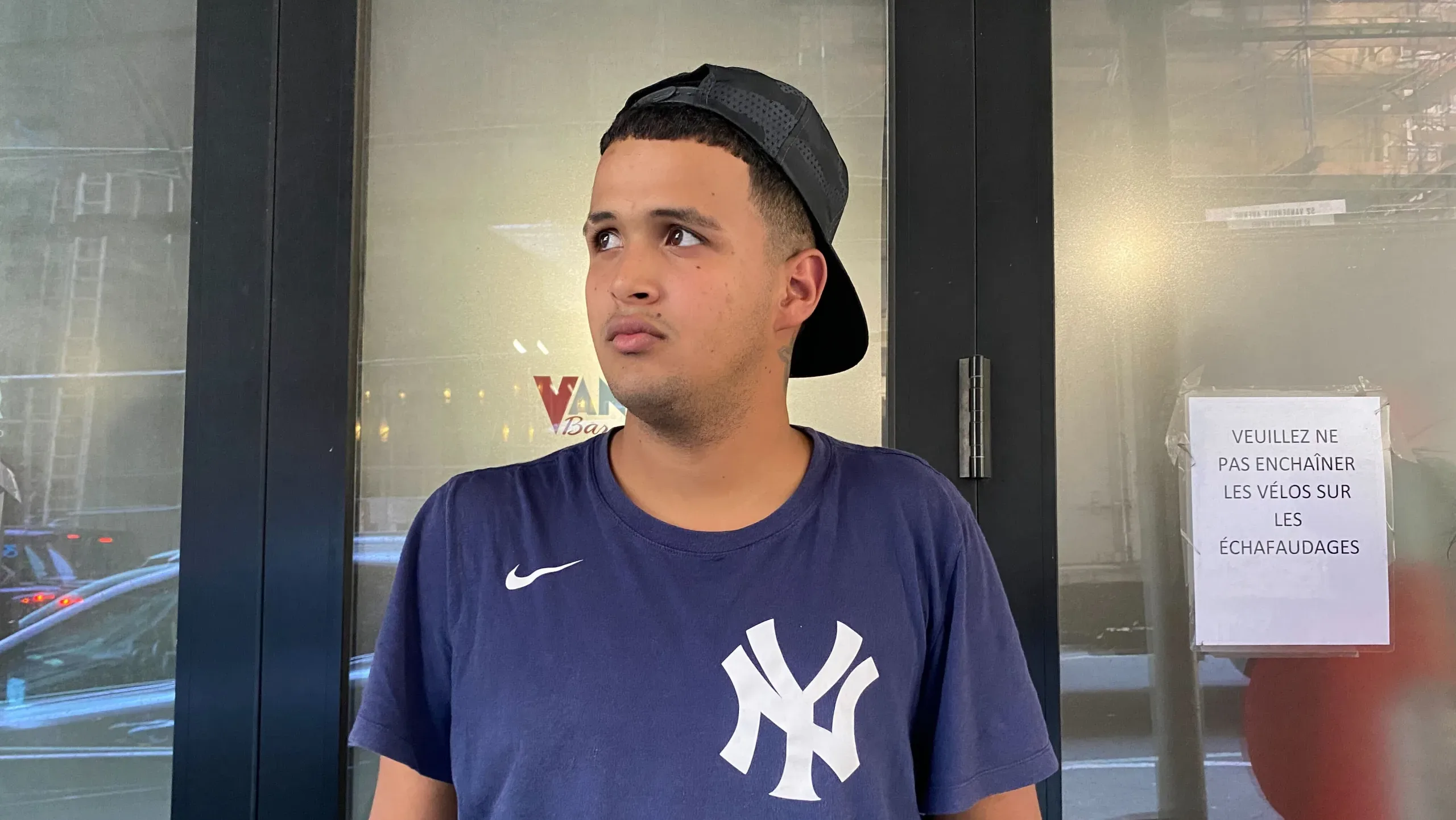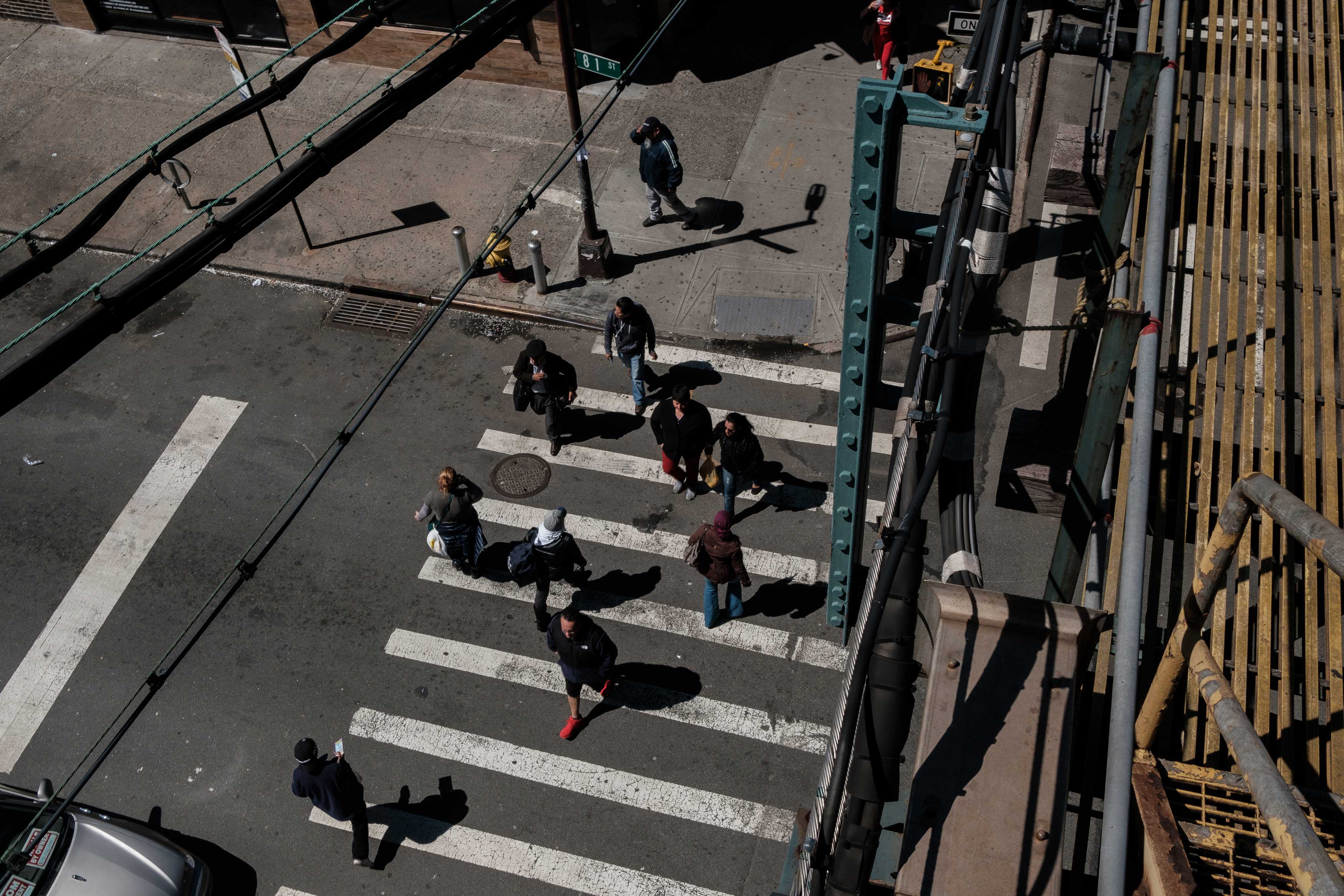This summary was featured in Documented’s Early Arrival newsletter. You can subscribe to receive it in your inbox three times per week here.
Today at 4 p.m. in front of New York City Hall, residents will rally against a city plan to open more homeless shelters in Chinatown. There are currently six existing shelters in the neighborhood, and the city plans to add four more along Grand Street, East Broadway, Canal Street, and Madison Street. Protesters say they worry about increased crime in the area and their safety if more shelters open. Advocates for homeless shelters meanwhile say shelters offer a place for the homeless to care for themselves and access mental health and support services. The rally today is organized by Alliance for Community Preservation and Betterment, which also sounded an alarm in March against the plan.
In other local immigration news…
陈学理胜选凸显华人社区“右转”
Legal Aid Society, Others, Push to Slow Schedule of Housing Court Cases
An overwhelming new number of housing court cases has led attorneys to pause new intakes in Queens this month. This will have a significant impact on tenants who will have to appear before the courts without legal representation. An underlying factor behind the problem is the New York State Office of Court Administration’s refusal to address the post-pandemic reality of increased calendaring of housing court cases. Nonprofit groups that provide legal assistance are now calling on the New York State Office of Court Administration to slow the schedule of housing court cases to ensure that low-income New Yorkers facing eviction have legal representation, as intended by New York City’s Right To Counsel program.
Documented to Launch Redesigned Early Arrival Newsletter Monday
Documented is excited to announce that Monday, April 11, readers will see a new Early Arrival in their inboxes, redesigned and modified thanks to their input. A major factor in this change is the growth of our newsletter audience, which has expanded by thousands since Early Arrival’s launch in 2018 and more than doubled since the start of the pandemic. With so many new people now reading the newsletter, we wanted to better understand why they sign up, read and engage with the newsletter so they can have the best possible experience. We carefully conducted a survey, which many of you participated in, and we discovered new opportunities to improve. Readers who volunteered to be interviewed last year have had a first look at the new version, and have so far called it a “fantastic makeover” and “very reader friendly.” We can’t wait to show it to you all. Stay tuned!
Documented joins Factchequeado Initiative to Counter Disinformation in Spanish
Documented is joining Factchequedo, a project led by Maldita.es and Chequeado to combat mis- and disinformation in Spanish across the U.S. Due to a lack of verified news in their dominant language, Spanish-speaking communities in the U.S. are especially vulnerable to mis- and disinformation. The current population of 60 million Hispanics and Latinos population in the U.S. is growing, and is expected will represent more than 20% of the country’s population by 2030. Factchequedo’s goal is “to build a fact-checking network, strengthening partner organizations through both content and community,” said Natalia Guerrero, managing editor of Factchequeado. Eight other media organizations are also joining the initiative as partners.
Two Home Health Care Agencies Pay $7 Million in Back Wages and Medicaid Payments
Following two settlement agreements with New York Attorney General Letitia James, two home health care agencies in Brooklyn are paying a combination of $7 million in back wages and Medicaid payments. All American Home Care paid back $4 million in Medicaid payments, while Crown of Life paid $1.4 million and will also pay more than $1.5 million to employees who did not receive full payment of wage parity benefits, as part of a separate agreement with the Labor Bureau of the state attorney general’s office. The settlement also requires All American to submit semi-annual reports proving it is in compliance with the Wage Parity Act for the next two years. The settlement is the latest development in home health aides’ fight to reclaim their unpaid wages. City Limits
